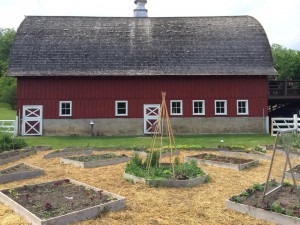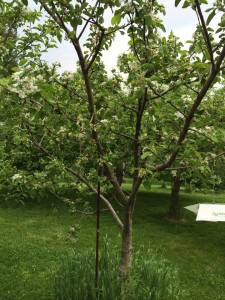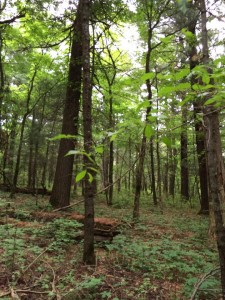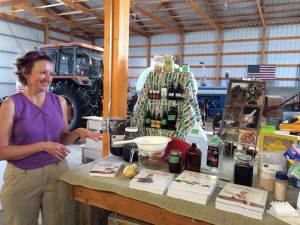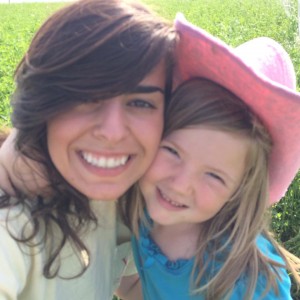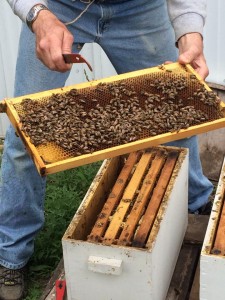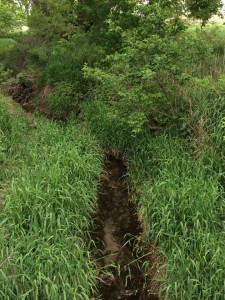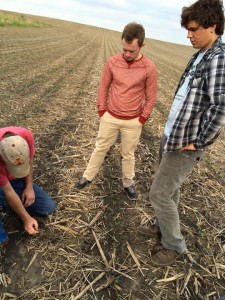In my political thought classes at Furman Dr. Storey has often referenced the book “Shop Class as Soulcraft: An Inquiry into the Value of Work” by Matthew Crawford. Soulcraft being “something that shapes and modifies one’s soul or core being.” The idea of this book is to emphasize, in an increasingly hands-off world, the good that manual labor can do for your soul. Seeing as how I am someone who has had minimal exposure to any sort of manual labor this made me think that this was an experience lacking in my life. My decision to attend the farm was reinforced when a visiting professor talked about The Tempest and its theme of the attainment of true freedom. This freedom was obtained by the transformation of the harsh realities of labor into something nourishing to the individuals soul through love or passion.
I do not mean to try and depict farm life as idyllic. Many of the people we talked to dispelled this myth, and it did not take long to see that they were right. This is a large part of the reason why I have waited till now to tie in what I have learned in political philosophy courses with my farm experience. Farm life consists of doing hard work for long hours with the knowledge that any variable such as weather, pesticide overdrift, or animal disease could destroy everything you’ve done. There is also always the fear of something even more permanently damaging, such as like the farm crisis of the 1980s, occurring and leaving you bankrupt. And even when everything goes perfectly, there is no guarantee that you will make a profit.
Despite the messiness and complexity of agriculture we still found numerous people who did it because it was their passion. Many such as Denny and Scott Neubauer and Denny and Brent Friest have been doing it all, or most of, their life and see it as a family enterprise. And others, such as Kevin Butt, consider it their ultimate passion and couldn’t imagine doing anything else. But what I found most moving were the couples who had changed the entire direction of their lives and abandoned their plans or careers (such as Jill and Sean who left their jobs as theatre managers in Houston) in order to start farming from scratch. To most people this might sound insane, especially since the vast majority of them opt to do organic/alternative farming where there isn’t even a safety net of crop insurance and government subsidies. But I believe that they are all motivated by something similar, something which may be explained in part through an understanding of the relationship between manual labor and soulcraft.
I experienced this for myself when working in the various organic farms we visited and seeing people who invested so much time and money into something where there was little chance of significant material rewards. I was particularly inspired by people like Mark and his wife and Dalona’s family who kept small gardens, bees, and a few chickens just to be self-sustaining, as well as for the love of it. Hearing the pride and joy in Mark’s voice as he told us about his bees and all that he gladly invests in his hobby, solidified my belief in the ability of labor to be made into something nourishing to the soul. Mark and Dalona also gave me the hope that even if I would never go into horticulture as a business, I could aspire to something more small scale. Of the numerous things I learned throughout this trip, perhaps the one that will serve me most in the future is the reward of trying something new and not being discouraged when doing so is difficult. I know now that despite my minimal experience and skills I am capable of starting a daunting project, such as a planting a garden and keeping a hive. And that despite the difficulties and hours of labor this will bring, in the end it will be worth it even if the only rewards can be found in my soul.

